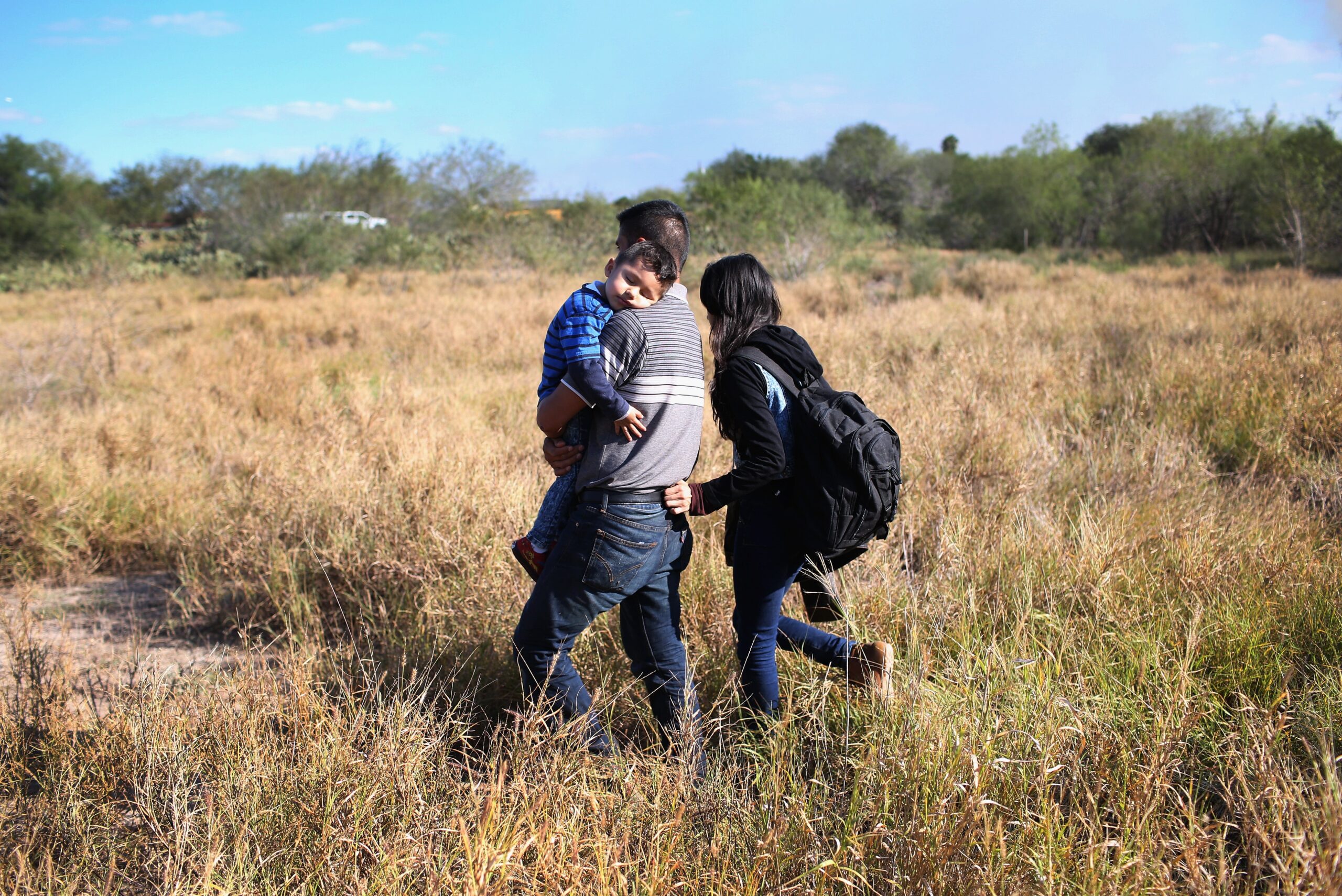Donald Trump’s Department of Homeland Security announced that it will be collecting DNA samples from tens of thousands of immigrants detained in federal facilities, including children, and input that genetic data into a national criminal database.
Suggested Reading
During a Wednesday conference call with reporters, senior DHS officials said the Justice Department was planning to expand upon a 2005 law authorizing broad collection data that previously had exemptions to protect immigrants. As the New York Times reports, an official said the exemption was outdated.
The DNA collection could apply to some 40,000 people currently being held in federal detention facilities, including children and those applying for asylum from legal ports of entry.
The program builds upon a pilot DNA collection program initiated this summer that was intended to identify “fraudulent family units”—adults allegedly posing as guardians to children who are not theirs in order to take advantage of special protections for families.
From the Times:
The new program would differ from the pilot in that it would provide a comprehensive DNA profile of individuals who are tested, as opposed to the more narrow test that was used only to determine parentage. And unlike the testing under the pilot program, the results would be shared with other law enforcement agencies.
Privacy and immigrants rights activists are alarmed by the new program, which harnesses technology to surveil immigrants in astounding and unprecedented ways.
“That kind of mass collection alters the purpose of DNA collection from one of criminal investigation basically to population surveillance, which is basically contrary to our basic notions of a free, trusting, autonomous society,” said Vera Eidelman, a staff lawyer with the American Civil Liberties Union’s Speech, Privacy, and Technology Project.
She said that because genetic material carries family connections, the data collection would have implications not only for those in immigration custody but also their family members who might be United States citizens or legal residents.
Inputting the DNA results into a database that had previously only contained data from people who have been arrested, charged or convicted in connection with serious crimes also marks a significant systemic realignment: equating, behind the veil of procedural protocol, migration from the southern border with criminality.
But that appears to be the point.
According to the Times, the Trump administration doesn’t have a timeline for when the new collection or data input processes will be put in a place, but a working group has convened to formally introduce the new regulation “as soon as possible.”
Straight From 
Sign up for our free daily newsletter.



